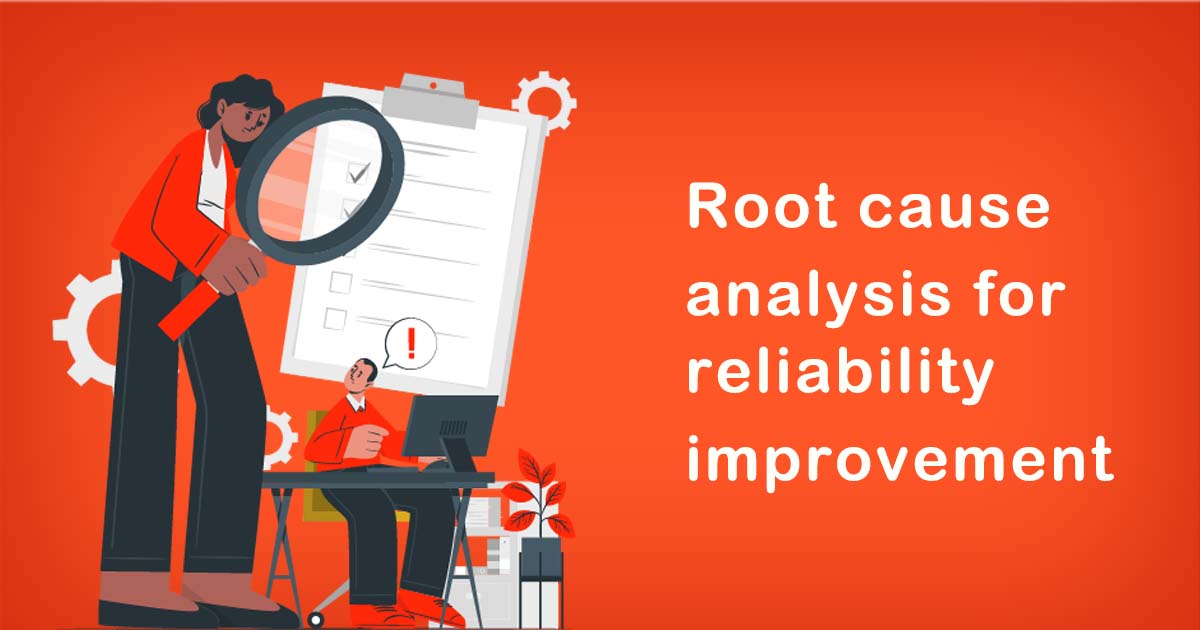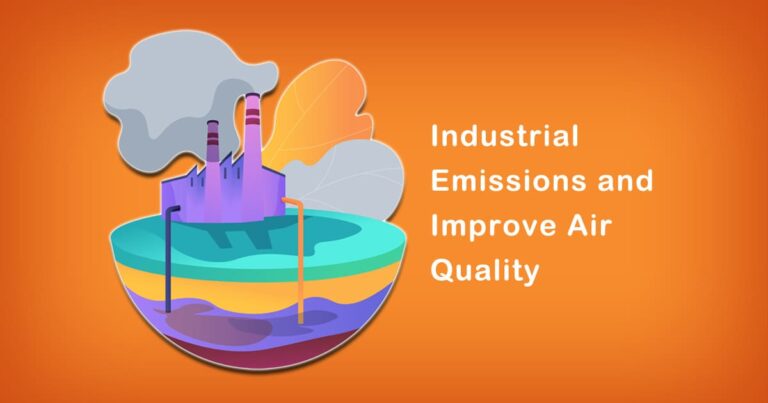In today’s fast-paced world, the reliability of systems is more critical than ever. In India, the importance of reliability is particularly acute as the country continues to develop and modernize. To ensure that systems are reliable, it is essential to conduct root cause analysis (RCA) to identify the underlying causes of failures and develop effective solutions. This blog will explore the concept of RCA and its importance in improving reliability in an Indian context.
What is Root Cause Analysis?
Root cause analysis (RCA) is a problem-solving technique used to identify the underlying causes of failures or problems. It involves tracing the problem back to its root cause and addressing that cause, rather than just treating the symptoms. RCA is a structured approach that involves the following steps:
- Identifying the problem or failure
- Collecting data and analyzing it to determine the root cause
- Developing solutions to address the root cause
- Implementing the solutions
- Monitoring to ensure that the solutions are effective
The Importance of RCA for Reliability Improvement
Reliability is critical for the safe and efficient operation of systems, whether they are in the manufacturing, transportation, or service sectors. In India, reliability is particularly important as the country continues to modernize and expand its infrastructure. Reliability failures can have significant economic, social, and environmental impacts, ranging from lost productivity to public safety hazards.
RCA is a valuable tool for improving reliability as it helps organizations to identify and address the underlying causes of failures. By addressing the root cause, organizations can prevent the same failure from recurring, thereby improving system reliability. RCA can also help organizations to identify and address potential failures before they occur, reducing the risk of downtime, accidents, and other adverse events.
Examples of RCA in an Indian Context
There are numerous examples of RCA being used to improve reliability in India. One such example is in the aviation industry, where RCA is used to investigate incidents and accidents. The Directorate General of Civil Aviation (DGCA), the regulator for civil aviation in India, requires all incidents and accidents to be investigated using RCA. By conducting RCA, the DGCA can identify the root cause of the incident or accident and take appropriate corrective action to prevent it from happening again.
Another example is in the manufacturing sector, where RCA is used to improve the reliability of machinery and equipment. In a study conducted by the Indian Institute of Technology (IIT) Bombay, RCA was used to investigate the causes of failure of a hydraulic system in a textile mill. The study found that the root cause of the failure was a design flaw in the system. By addressing the design flaw, the reliability of the hydraulic system was improved, reducing downtime and increasing productivity.
Conclusion
In conclusion, reliability is critical for the safe and efficient operation of systems, and RCA is a valuable tool for improving reliability. In India, where the need for reliable systems is particularly acute, RCA can help organizations to identify and address the underlying causes of failures, preventing them from recurring and reducing the risk of downtime, accidents, and other adverse events. By adopting RCA as a standard practice, organizations can improve the reliability of their systems and contribute to the development and modernization of the country.








